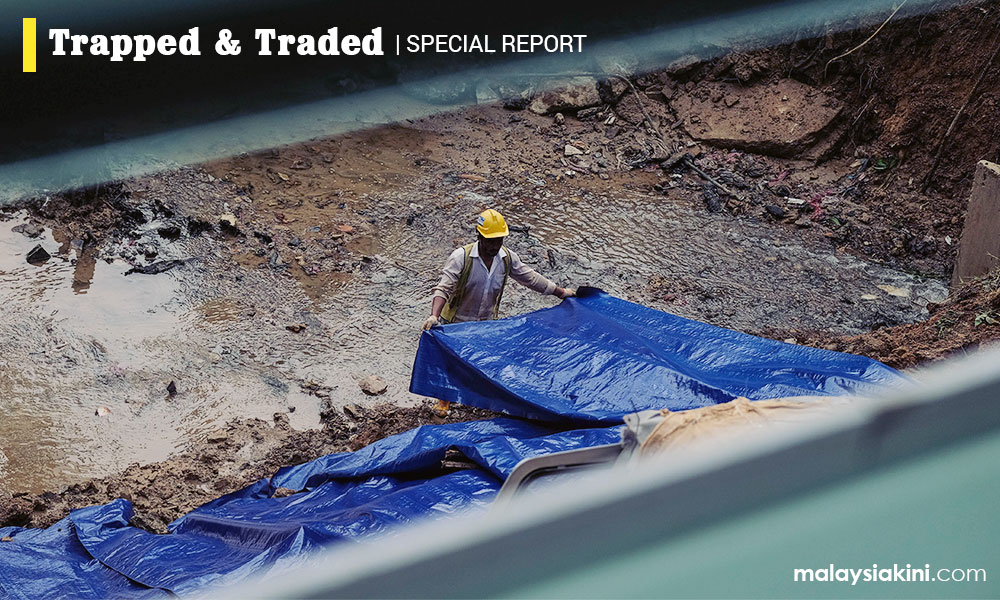
SPECIAL REPORT | Exploited and trafficked by their employers, many Bangladeshi workers who entered the country legally, end up fleeing and becoming undocumented, investigations by Kaler Kantho and Malaysiakini found.
This makes the workers prime targets for crime syndicates who make themselves out to be “legalisation agents”.
Having taken up debts of at least RM17,000 to pay for their passage to Malaysia, desperate workers pay these “legalisation agents” a minimum of RM4,000 per person to obtain legal status through the exploitation of the Malaysian government’s “rehiring” scheme.
How the scam works:
The “legalisation” process is an exploitation of the rehiring scheme offered by the Malaysian government in February 2016 to address labour shortages in the manufacturing, construction, plantation, agriculture and services industries.
Under the scheme, employers in Malaysia are given amnesty to register any undocumented migrant workers on their payroll.
Exploiting this scheme, these informal labour agents take a fee from undocumented workers to register them as their employees, after which they can have a valid work visa.
The labour agents do not employ them, and in cases where workers are unable to find their own employment, the agents will place them with a firm in exchange for a placement fee or a cut of the workers’ wages.
'If they get caught, we’ll get them out'
This still makes the workers vulnerable to detention and deportation if their workplace is raided by the Immigration Department.
But workers legalised by these agents are “protected”, a staff member at one such agency, Sugoi Group, told Kaler Kantho.
Mohd Mehdi, who works for Sugoi, said the company and its four subsidiaries have “legalised” more than 5,000 workers, implying a revenue of RM22 million from this service alone.
“Those legalised through our company can work in other places without any worry.
“If anyone is caught, we make arrangements for their release,” Mohd Mehdi told Kaler Kantho.
Malaysiakini’s attempts to contact Sugoi director, Humayun Kabir - a naturalised Malaysian citizen from Bangladesh - have been futile as he is purportedly overseas.
Similar attempts by Kaler Kantho since late last year, including through a recruitment company in Dhaka, Bangladesh, said to be linked to Humayun, have also proved unsuccessful.
A total of 744,942 foreign workers and 83,919 employers were registered under the programme until May 2018. However, the programme was ended on June 30, 2018.
The total rehiring process cost employers between RM1,395 to RM3,485 per worker, but rehiring agencies were “legalising” unemployed workers and charging each of them between RM4,000 and RM8,000. Some did so even after the June 30 cut-off date, interviews revealed.
When contacted, the Malaysian Immigration Department director-general Khairul Dzaimee Daud described companies offering purported legalisation services as being part of a “criminal syndicate”.
There have also been reports of Malaysian Immigration officers and police cracking down on syndicates targeting ignorant workers by claiming to act as intermediaries for the process.
Safeguards not working
The proliferation of these networks happens despite safeguards being put in place.
For example, the Bangladesh High Commission is tasked with ensuring that firms hiring Bangladeshi workers have legitimate demand for the labourers in their respective sectors.
However, the existence of agencies purportedly hiring workers under their name and renting them out to other firms for a commission, implies holes in the checking mechanism.
When contacted, Bangladesh High Commissioner to Malaysia Shahidul Islam said the commission is unable to conduct checks on all cases due to the sheer number of Bangladeshi workers in Malaysia.
“If there are a million Bangladeshi workers in Malaysia and one percent of them are in trouble, the number is 10,000. We don’t have the manpower to look after so many workers. That is our weakness,” Shahidul said.
In February 2016, Putrajaya signed an agreement with Dhaka called Government-to-Government Plus (G2G+), aimed at weeding out agents and middlemen.
According to Bangladeshi government data, some 275,000 workers arrived in Malaysia under this scheme until it was suspended in June 2018 due to suspected abuse.
“The previous administration managed the whole recruitment process like a business aimed at benefiting certain individuals,” Human Resources Minister M Kulasegaran was quoted as saying.
Last month, Kulasegaran announced that Malaysia is set to sign a new memorandum with Bangladesh to lift a moratorium on the hiring of its workers here, but the mechanism for recruitment and hiring has not been announced yet.
The minister did not respond to Malaysiakini’s questions.
Law changes
Changes in the Private Employment Agencies Act 1981 passed last year were intended to end the practice of workers being registered as employees of outsourcing companies, but placed to work elsewhere.
Today, only employment agencies licensed by the Human Resources Ministry can bring in workers for placement with employers.
How these newly-licensed agencies will procure Bangladeshi labourers, and whether this will plug the loophole manipulated to “legalise” workers in the rehiring scam, however, remains to be seen.
“The term 'outsourcing' (agencies) no longer exists.
“But if they are still interested to conduct business, they need to register under the Private Employment Agencies Act (under the Human Resources Ministry). I know some have done so,” Home Minister Muhyiddin Yassin said at a press conference.
Action can be taken under Section 7 of the Act against any outsourcing company that remains in operation without applying for a new licence from April 1.
Victims of the system
Migrant rights group Tenaganita co-director Aegile Fernandez said more must be done to ensure workers will not be caught in the same cycle of abuse after the government’s latest “Back for Good” amnesty exercise ends at midnight on Dec 31.
Under the “Back for Good” programme, undocumented migrants can voluntarily leave the country without any immigration action taken against them.
They have to pay a processing fee of RM700, and no agent is allowed to act as an intermediary. Migrants have to register in person at the Home Ministry.
“Most of them came in legally, but because of the systems in place, they became victims.
“They have paid so much money to come here, and now they have to pay more to be sent home,” Aegile said. -Mkini



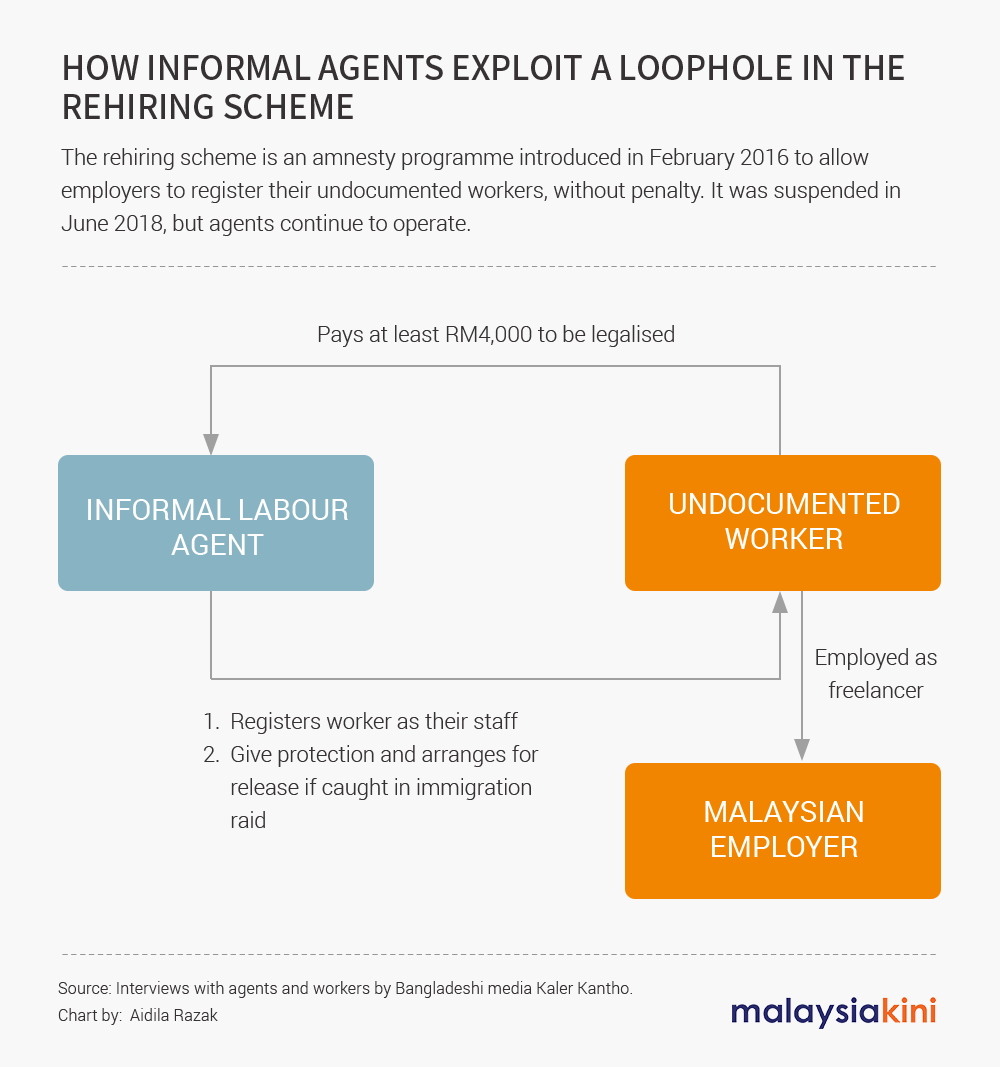
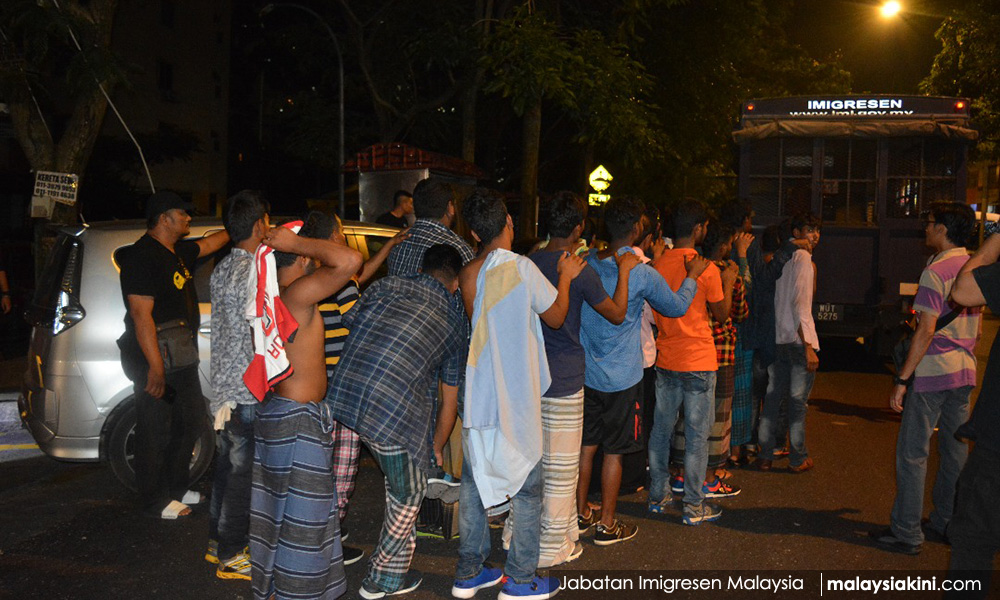

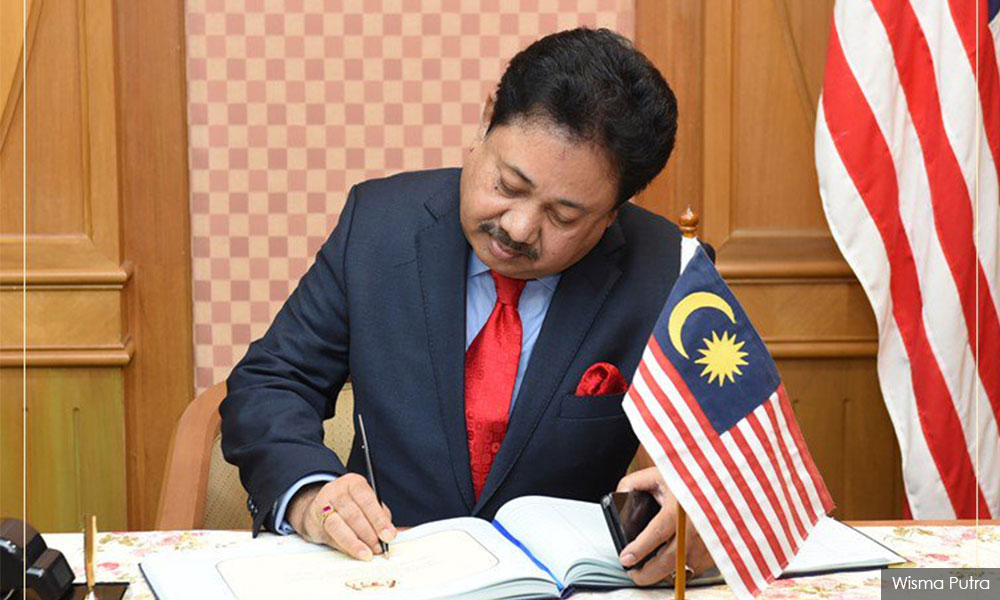
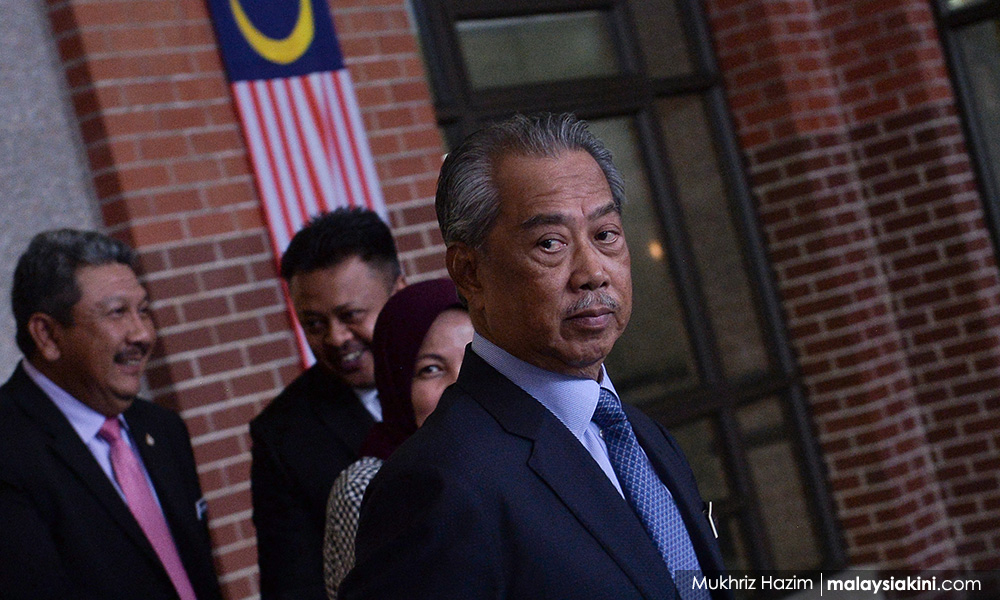
No comments:
Post a Comment
Note: Only a member of this blog may post a comment.